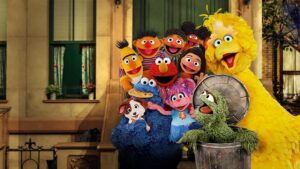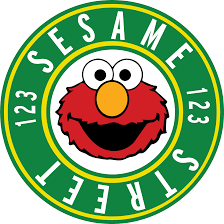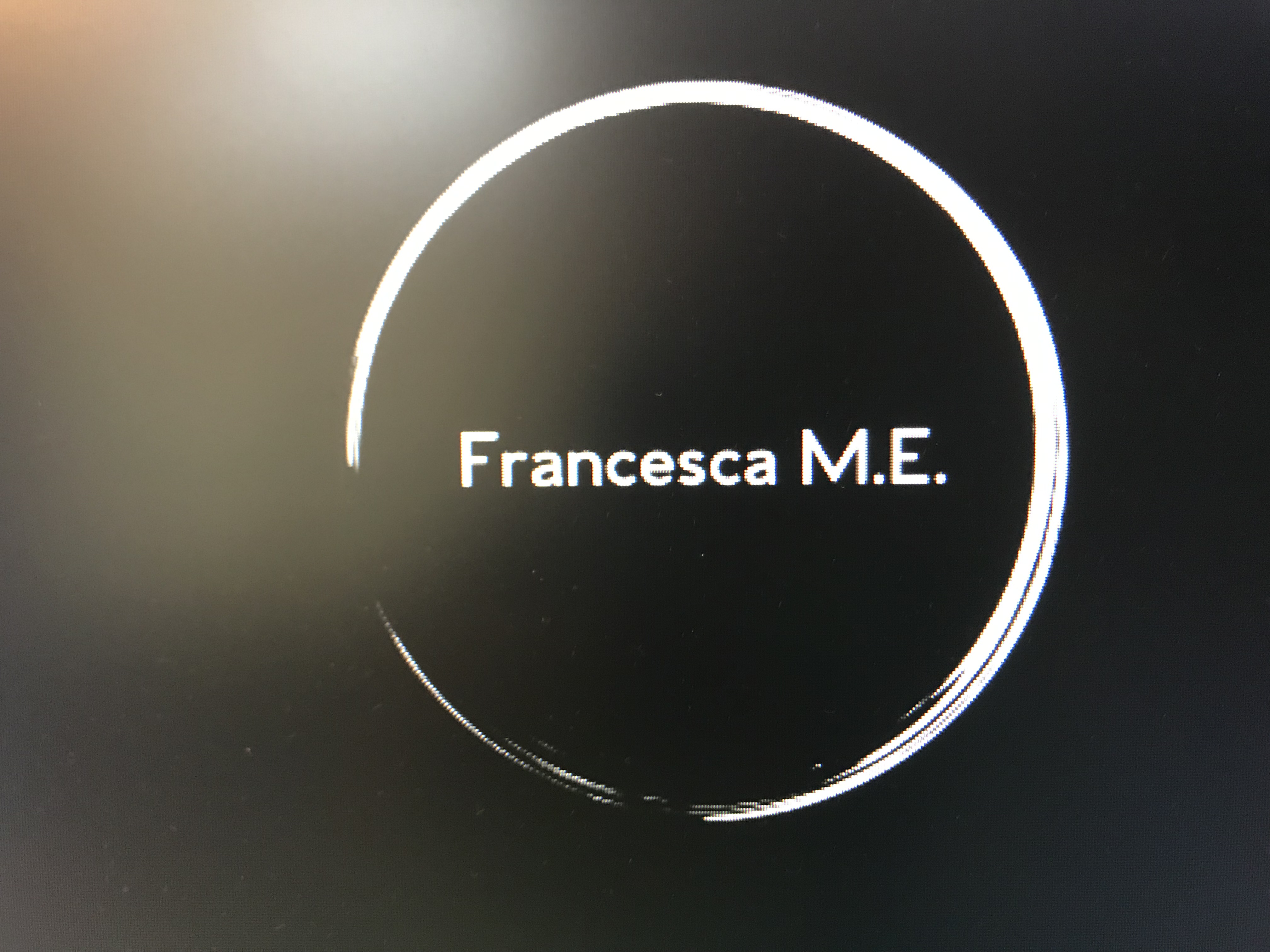Are You Living On Sesame Street?

Remember the show Sesame Street? It was more than just a kid’s television show teaching how to count, eat cookies, or spell. It showed us how to live with patience, understanding, and tolerance.
If you think about the characters, I’m sure we can see ourselves in at least one or more than one.
Here’s my take on their personalities:
Big Bird: loud, colorful, big personality, but scared and unsure.
Kermit the Frog: grounded, intelligent, supportive.
Cookie Monster: obsessed, kind, jolly.
Oscar the Grouch: ornery, selfish, closet carer.
Grover: sweet, lovable, people pleaser.
Elmo: energetic, humorous, loving.
Count von Count: perfectionist, poised, confident.
Ernie and Bert: good-natured, loyal, and respectful.
Mr. Snuffleupagus: introvert, sad, insecure.
You could have a different opinion on them. That’s just the way I see them.

The idea of living on Sesame Street came to me when I considered how I would want society to act. I know I’m a dreamer and idealist, but Sesame Street’s messages align with my ideals of showing kindness, thoughtfulness, and having an open mind.
When Count von Count shows how to count to ten, he does so with kindness, even though the image of him is that of a bloodthirsty vampire. (He was my least favorite character as a child.) The characters and people got along. Oscar the Grouch may have been a meanie at times but he was a caring grouch.

The biggest positive takeaway from Sesame Street is the way no one judges anyone else. Now, that’s the street I want to live on! Nobody tells Grover and Cookie Monster that their blue fur is weird or that Elmo’s voice is too high-pitched. Nope. They all get along because they have open minds and don’t judge based on prejudices, fear, or insecurities.
I don’t care who you are, what you do, or how much money you have. If you are a jerk, I want to steer clear of all that.
I used to go out to see bands by myself. As a musician and singer/songwriter, I wanted to listen to music, dance a little, and relieve stress. I know I got judged because if a female is dancing alone, they must be flucked up or drunk, right? I was neither. I was merely a person wanting to listen to music, take a break from reality, and let go, but I knew I was being judged.
It’s funny: If a child wiggles away, people think it’s endearing and cute. But if an adult does it, some may think there must be something wrong with them.
That’s because, as adults, we have the judge gene on high alert. We forgot that part of our brains that enjoyed the moment instead of picking it apart. Can you think of a time when you were a kid and were judgy? Most likely not. Kids are free-spirited and curious sponges. Everything is new and fun. As adults, we can become jaded.

The Ted Lasso TV show made this Walt Whitman quote famous: “Be curious, not judgmental.” If we are curious, life is exciting. When we judge, it becomes about our insecurities.
Sesame Street is about being curious and shows the good side of being human. If someone falls on a bike on Sesame Street, they feel supported, not judged. Big Bird will help them up, show them it’s okay to fall, and not poke fun at them. He’ll nudge the person to try again, all the while giving a pep talk about practicing and never giving up.

The characters on Sesame Street show what it’s like to be in healthy relationships where, if there is a problem, they communicate with one another instead of ignoring the issue. In real life, the passive-aggressive monster loves to show its ugly head in unhealthy relationships where one wants to feel superior to the other. I’d rather live on Sesame Street.

The people on Sesame Street are from diverse races and nationalities and accept one another. They want to learn about different cultures and languages and learn from each other like all our ancestors did at the turn of the 20th century when there was an influx of immigrants coming to America for a better life. Sure, there were squabbles, but it was because of fear of the unknown. Once people realized that different cultures didn’t mean harm to theirs, we learned to get along. Sesame Street shows us how.

Look, we learn our biases and prejudices from our families. It’s that simple. What is going on now with so many of us hating on the immigrants would be an easy fix on Sesame Street. Grover or Kermit the Frog would tell us that we need to focus on our lives, work to make our lives better, and stop worrying about what someone else is getting or doing (unless they are interrupting your peace or doing something illegal or immoral, then by all means, do something about it.)
I am just as at fault as many, thinking we are more deserving of a good life and to hell with everyone else. Only it doesn’t help us live well to harbor resentment and anger. If we paid more attention to ourselves and our goals and dreams and were curious about life, we would figure out that to live a satisfying life; we need to stop complaining and being close-minded to things that are different than us. Cookie Monster would tell you that you need to share your specialness. Let’s dissolve the bitterness. That’s learned behavior from someone who was scared and wanted things to stay the same. Life doesn’t work that way. It needs to ebb and flow just like water cutting through a canyon. And if you don’t like the way things are going, do something constructive about it.
Thank you for reading. Let’s take a page from Sesame Street and be better people for ourselves and others. If we all do our part to be more mindful and kind, our world will be a better place. Let me know in the comments if you can relate to this.
To Sesame Street,
Francesca
Created by a human for humans.
![]() 2024 – Francesca M.E. – All Rights Reserved.
2024 – Francesca M.E. – All Rights Reserved.
